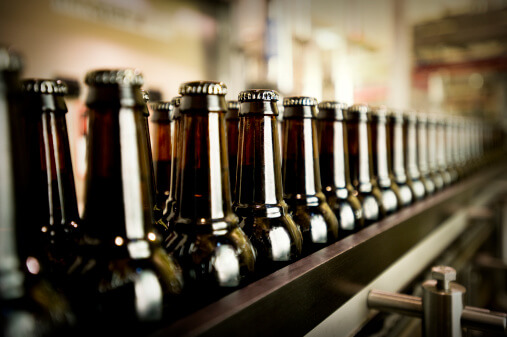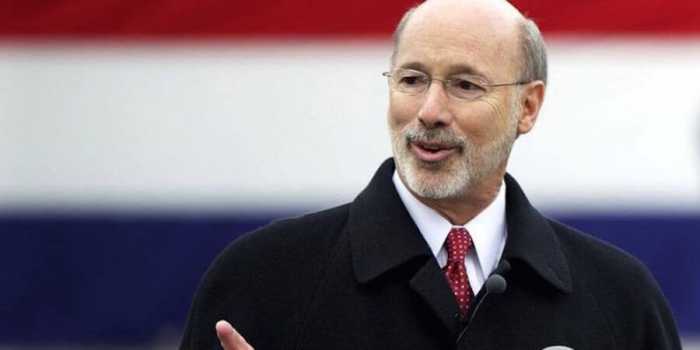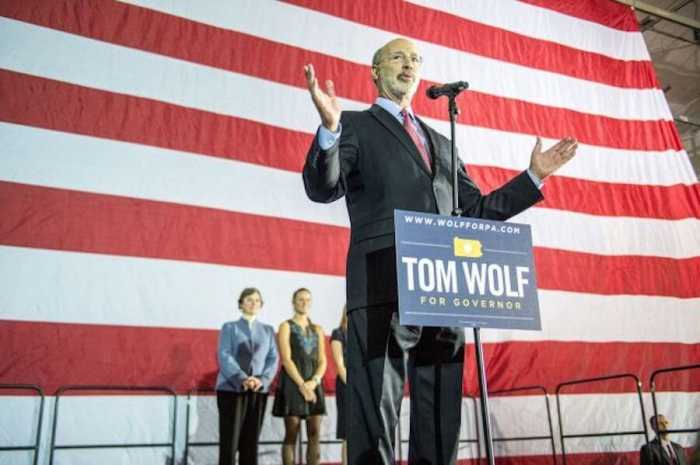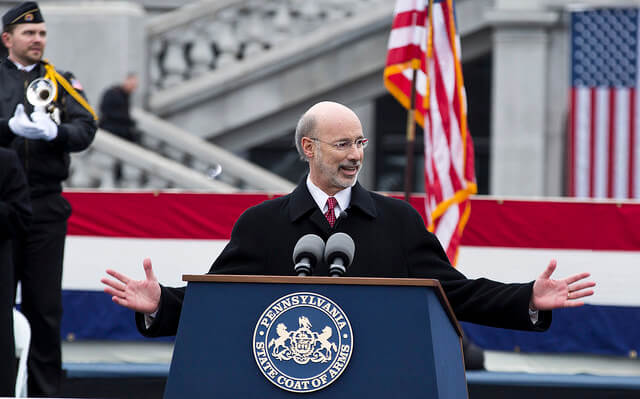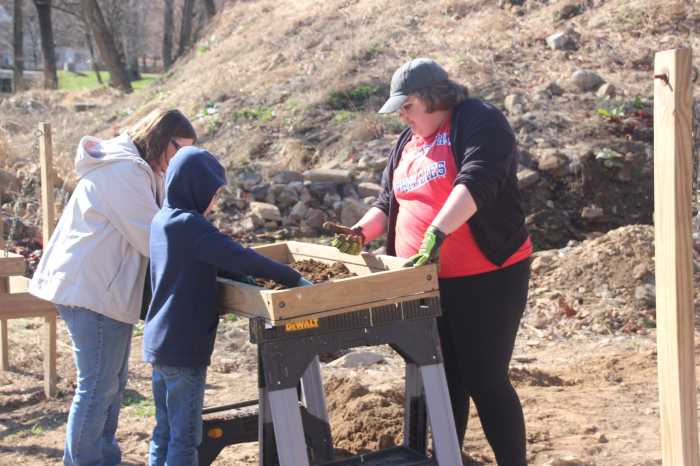The Pennsylvania Liquor Control Board (PLCB) unanimously approved the sale of six-packs at gas stations at nine business that submitted applications Wednesday. The decision comes afterGov. Tom Wolfsent a letter to the regulatory agency urging approval. Wolf’s letter, ‘Free the Six-Pack,’ called for the approval of 12 license applications that would permit the sale of “up to 192 ounces of malt or brewed beverages”at gas stations. A spokesperson for the PLCB said the board heard and approved nine applications Wednesday, and said there are other applications still in the pipeline that will be heard at a later date.
Gov. Wolf praised the PLCB Wednesday afternoon after the decision.
This just in! https://t.co/XXTaRaxLBh #FreeTheSixPack pic.twitter.com/N0XWi0Wr5E
— Governor Tom Wolf (@GovernorTomWolf) May 25, 2016
“‘Freeing the six-pack’ will make the Commonwealth more inviting for customers and businesses,” he said in awritten statement. “I applaud the Pennsylvania Liquor Control Board for approving these applications and respectfully ask that they approve similar subsequent applications that otherwise meet PLCB standards in order to improve customer service and convenience for Pennsylvania.” The approved licenses are for grocery and convenience stores in northeastern Pennsylvania, including Hazleton, Orangeville, Mahanoy City and the Wilkes-Barre area; and in western Pennsylvania, a PLCB spokesperson said. Previously, sale of beer at gas stations was illegal, until the 2014 decision inWater Street Beverage, Ltd. v. PLCB, in which the agency approved beer sales at a Weis grocery store, which also operated a gas station on the same property. Unlike other states, there are still restrictions with which establishments must comply, a spokesperson with the PLCB said.
RELATED:Former PLCB chairman comes out in support of privatization That will include some sort of physical distinction, like a separate building or entrance, and a separate cash register. PLCB field agents must sign off on proposed plans to comply with these requirements on a case-by-case basis. Jeff Sheriden, press secretary for the governor’s office, wrote in a blog post that the gas stations will also have to “regularly and customarily prepare and sell food, have a serving area of not less than 300 square feet, and are equipped with tables and chairs accommodating at least 30 persons at one time.” Steve Rothermel, Orangeville Area police chief, said he’s trying not to worry about the implications of these new licenses.
“When I first heard about this application, I kind of raised my eyebrows a bit,” Rothermel said. “I’ve always tried not to worry too much about things I can’t control, and this is one of those things.” “The only thing I can do is be hopeful that it won’t become problematic, like I know it has in other states,” he added.
RELATED: Malvern lawyer wants back his 1,404 bottles of rare wine seized by state Rothermel went on to say that any establishment with this license will have to be diligent that they’re not selling alcohol to minors.
“That’s probably my biggest concern,” Rothermel, who is a non-drinker, said.
But his police department isn’t able to ramp up patrols or check-points in that area in response. Rothermel said, as police chief, he’s the only full-time offer on his force.
“We don’t have the resources to do more than we do already,” he admitted.
Rothermel said a gas station and grocery store, Hess Market, submitted the application.
“Hess has always been pretty diligent as far as the sale of cigarettes to minors; I hope they will be equally diligent [in the sale of alcohol],” the chief said.
There is one bar in Orangeville, and the closest PLCB-run liquor store is in the neighboring Scott Township.
“Allowing malt or brewed beverages to be sold at gas stations … is an important step toward our shared goal of ‘freeing the six-pack’ and increasing convenience and improving customer satisfaction for all Pennsylvanians,” Wolf wrote in his letter Tuesday. RELATED:Self-serve beer coming to Philly sporting venues Wolf has previously said that he’s open to expanding the availability of wine and beer to other locations. However, the governor opposes liquor privatization, and instead hopes to modernize the state business price flexibility and longer operating hours. Pennsylvania’s official brewers guild, The Brewers of Pennsylvania (BOP) applauded the PLCB’s decision, but called it “an incremental step.”
“The BOPhighly recommends allowing six-packsales in all channels of trade,” awritten statementon the BOP’s website says.”Doing sowould immediately benefit all small craftbeerproducers inPennsylvania.” “To truly ‘free the six-pack’ asGov. Wolf requested … then the future call-to-action must beto allowsix-packs to besoldinmanymorebusinessesthan just gas stations,” the statement reads. Sheriden said that this precedent will “make the Commonwealth more inviting for customers and businesses, and it will address a long-standing failing of our liquor and alcohol system.”
“The key factors are that since these businesses engage in the sale of gas, where they sell the alcohol must be separate and distinct,” the spokesperson said.



